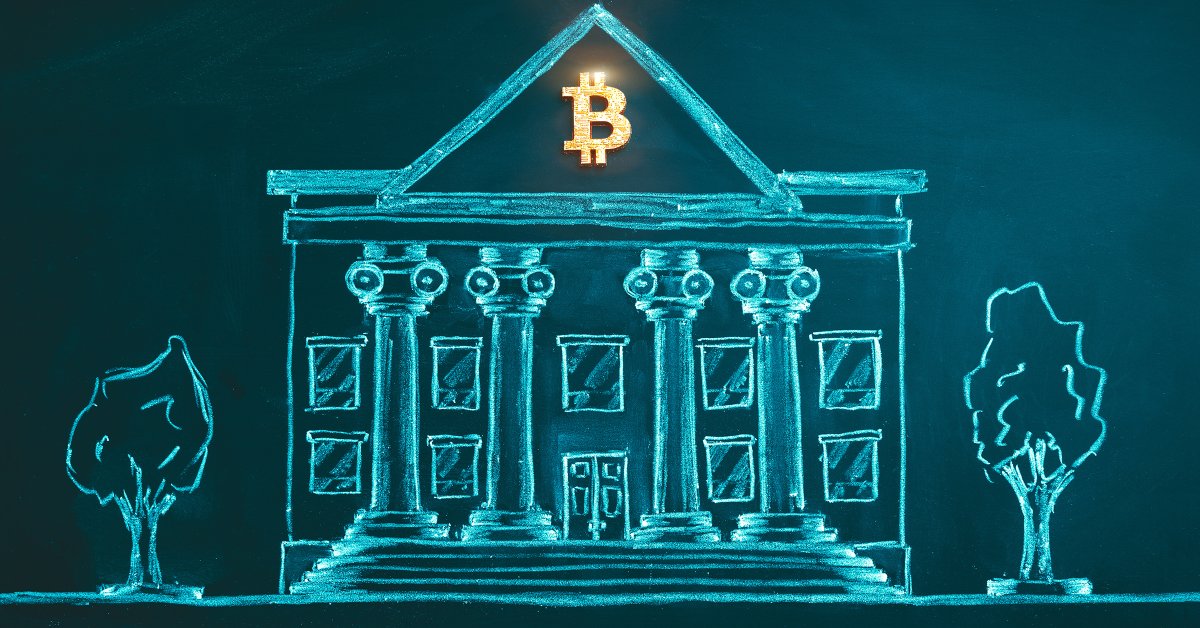
And crypto has pushed into D.C.’s terrain, standing up multiple trade associations, think tanks, and political action committees and hiring hundreds of lobbyists.
“The industry has gone from 0 to 100 in record time,” says one D.C.
At stake in the definition is whether crypto entities are regulated by Peirce’s agency, the SEC, or its smaller sister agency, the Commodities Futures Trading Commission (CFTC).SEC Chairman Gary Gensler has stiff-armed companies that try to ascertain their status, only to turn around and sue them for failing to comply with securities laws.
This is the “enforcement-first approach” Peirce was describing, and it has drawn loud complaints and major lawsuits from the crypto industry.
The inter-agency pissing match is the subject of endless speculation and argument among crypto people, but it’s important less in its particulars than what it signifies: would-be crypto innovators who are not trying to scam anybody have no way to be confident they’re following the law.crypto companies want to comply with the law, the industry says, but instead have been bankrupted or driven offshore by regulators’ approach.
“We need a definition of which digital assets are securities or which ones are not,” the Digital Chamber’s Boring says in an interview.
“The SEC has said, ‘We’re not going to tell you which ones meet our test, but make no mistake, we will come after you if you guess wrong.’ We have companies that want to be regulated, but they need to know who the regulator is, and if they are going to be regulated by the SEC, they need to know how to register.
16, the White House released its first-ever framework for crypto regulation, a follow-up to a first-of-its-kind March executive order in which President Biden directed agencies to research and report on the matter.
The industry says it wants rules it can live with; policymakers say they want to protect consumers and foster innovation.“When politicians say, ‘We hope to get this done by the end of the year,’ what I hear is ‘We want crypto lobbyists at our next fundraiser, and we’re going to milk this for at least three Congresses,’” a veteran D.C.
The crypto industry discovered this principle in remarkably literal fashion last year.
“It was a last-minute addition, and all these crypto lobbyists were like, ‘Wait, what’s going on?’ They were asleep at the switch, basically,” says Avik Roy, president of the Foundation for Research on Equal Opportunity, a conservative think tank.
“The crypto people did make a lot of noise, but it wasn’t enough to change the trajectory, which shows they were still pretty politically weak.”.
“That was when people woke up and realized they’ve got to get involved,” says a lobbyist for a major crypto group.
Determined not to let it happen again, the industry went on a spending spree, hiring platoons of lobbyists and advocates—many of them former policymakers and regulators fresh from the revolving door—and mounting a full-court press on D.C.
The Chamber of Digital Commerce is the oldest blockchain trade association, but these days its competitors include the Blockchain Association, the Association for Digital Asset Markets, and the Crypto Council for Innovation.
“All the leaders in crypto, almost to a person, have been very intentional about trying to show that they have skin in the game,” says a D.C1
They want in aggregate to send the message that the industry has matured and engaged.”.
8 speech, he added, “Some in the crypto industry have called for greater ‘guidance’ with respect to crypto tokens.
“We’ve seen Gary Gensler state many times that we do have clarity, but we don’t,” says the Digital Chamber’s Boring.
I believe the SEC is the number one blocker to economic progress not only for the crypto space but also for our economy, because they’ve refused to put forward a framework for digital assets and to bring clarity.
Without explicit rules, companies say they’re forced to parse Gensler’s public statements for clues.Even crypto skeptics who want scammers kept in line can see the benefit of knowing what, exactly, the government considers a scam, versus a legitimate enterprise.
“Gary is out there stating over and over again, ‘I have jurisdiction over all of this, everyone needs to come in and register [with the SEC],’” says a lobbyist for a top crypto platform.
Many are pressing lawmakers to give the CFTC primary authority, sparking criticism from crypto skeptics that they’re venue-shopping for a less formidable regulator that would presumably take a less aggressive approach.
“We would like to see a definition of a digital asset security,” she says.
“The internet had the advantage that everyone believed their bull—t for a long time,” the veteran tech lawyer says.
But on Capitol Hill, crypto’s loudest skeptics have been on the left, particularly Senator Elizabeth Warren, who famously derided the industry as a “shadowy, faceless group of supercoders.” The congressional blockchain caucus, which was started in 2016 by then-Reps.
“We’ve got people out there investing in this and don’t have a clue what they’re doing, including me,” Republican Senator Tommy Tuberville said at a recent congressional hearing on crypto legislation.
This was a major milestone for the industry: not just recognition, but an acknowledgement that crypto is here to stay and has significant upside.
around the White House putting something out, many people were concerned it might be quite punitive, but it ended up being something that most view as positive,” says Michael Sonnenshein, CEO of Grayscale, a publicly traded bitcoin investment fund.
In June, a bipartisan pair of senators, Cynthia Lummis and Kirsten Gillibrand, released a wide-ranging bill covering all aspects of crypto regulation; it would define and expand the CFTC’s authority while leaving some digital securities under the SEC’s purview, and also would create new rules for NFTs, stablecoins and other blockchain-related products.
“The industry has grown too fast,” he said, “and recent events should be a wake-up call.”